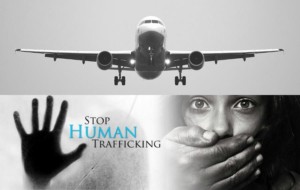Stronger together: Tourism training partnerships help prevent child exploitation

The sexual exploitation of children by those who use the services of the travel & tourism industry is a difficult subject to acknowledge let alone discuss. This is why ECPAT International, The Code, and ASSET‑H&C have partnered to give trainers and educators useful tools to help prepare students to look out for and report signs of the crime.
Bronwen Maher, Sophie Hartman, Nguyễn Thị Thu Thảo, and Võ Thị Quế Chi combine to write this “Good Tourism” Insight.
[You too can write a “GT” Insight.]
The sexual exploitation of children in travel & tourism (SECTT) is an ever-evolving crime that responds to changes in our society and in the industry itself.
Offenders adapt their modus operandi to misuse information and communications technology (ICT) and travel & tourism industry infrastructure to exploit children in online and offline environments.
COVID-19’s disruption to global travel has erected temporary barriers to the movement of child sex offenders. However many have moved online to commit crimes there, while looking for opportunities to travel again once restrictions are eased.
At the same time, COVID-19 has adversely affected the finances of many local communities that rely on income from travel & tourism. This increases the risk of child sexual exploitation in places where families struggle to survive.
Nonetheless, a conscious and responsible workforce can play a key role in preventing and reporting these crimes and helping to keep children safe.
Well-trained staff help tackle a moving problem
Travelling child sex offenders take advantage of travel & tourism services and infrastructure to facilitate their crimes.
Therefore, the travel & tourism industry can play an important role in keeping children safe, alongside law enforcement, other travellers, and the not-for-profit sector.
Frontline workers in the travel & tourism industry are the eyes and ears on the ground and have a direct role to play in preventing child sexual exploitation.
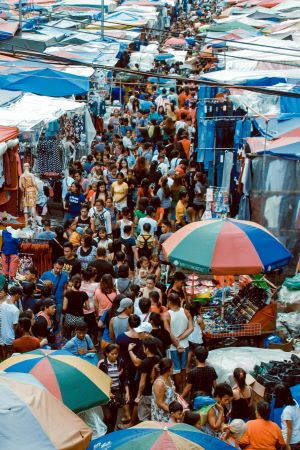
By being aware of the problem, recognising the signs of exploitation, and knowing how to take action to report the crime, workers can protect children, help identify offenders, and contribute to a responsible and sustainable travel & tourism industry.
Recent examples of travel, tourism, and hospitality staff helping to prevent cases of sexual exploitation of children come from India and Dominican Republic.
Six girls were rescued in West Bengal, India, after a community was informed about SECTT, what to look for, and how to report suspicious activity to relevant organisations. The community’s increased awareness of SECTT also generated momentum for new policies that better protect children.
In Puerto Plata, Dominican Republic, comprehensive training and an effective SECTT reporting mechanism allowed hotel staff to save seven boys from sexual exploitation.
To support the tourism industry, ECPAT International and The Code have developed a suite of new online training modules, which was launched in June 2021 for employees of The Code’s more than 350 members.
The Code is an industry-driven initiative with the mission to provide awareness, tools, and support to the travel & tourism industry to prevent the sexual exploitation of children. Companies become members of The Code by committing to six criteria to keep children safe.
Innovative multi-stakeholder partnerships can prevent SECTT
Educational institutions have a role to play in instilling among the tourism workers of tomorrow a culture of zero tolerance for the sexual exploitation of children.
Since 2018, ECPAT International and The Code have collaborated with ASSET‑H&C, a network of vocational schools that provide a path to employment in the tourism & hospitality sector for vulnerable youth.
This collaboration builds on the industry’s commitment to train employees and vocational students entering the workforce. Together we are preparing the future workforce and creating child-safe leaders within the industry.
“We all have an important role in protecting children from sexual exploitation. Travel & tourism isn’t the cause of this issue, but unfortunately offenders can use the services of travel & tourism to access victims. We work with companies, their staff, and customers to raise awareness and propagate the idea that each of us can take action when we see a situation in which a child might be in danger.”
Damien Brosnan, The Code
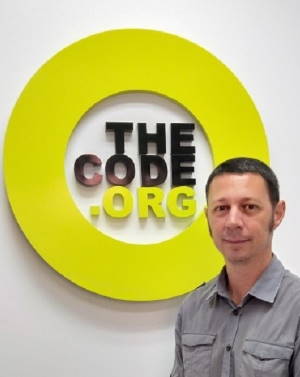
In September 2021, trainers from 10 ASSET‑H&C‑member schools joined a webinar about SECTT to discuss the role human resources can play in preventing the issue.
The trainers were introduced to various training materials that would help them equip students with the knowledge to recognise the issue and to take adequate measures when facing potential cases.
They also received access to The Code’s online learning modules as well as a curriculum designed for face-to-face and classroom training.
To further engage schools, participants were invited to take a pledge on protecting children in tourism.
Five schools, Bayon Bakery and Pastry School, Ecole d’Hôtellerie et de Tourisme Paul Dubrule, Hospitality and Catering Hospitality Training Center, La Boulangerie Française and Sala Baï Hotel and Restaurant School, answered the call.

“It was particularly motivating to join with other ASSET‑H&C members to be part of a common effort. Each school was invited to set its own commitment for the pledge.”
Alix Watson, Director, Hospitality and Catering Hospitality Training Center, Mae Sot, Thailand
From commitment to action
The schools have implemented various activities to create awareness of SECTT in their communities; mainly online activities, as most schools were under lockdown, and through social networks.
Together, the five schools have sensitised more than 900 people to SECTT. Moreover, 26 staff members and 117 students have so far completed The Code’s E‑learning modules on preventing child sexual exploitation.
“Through ASSET‑H&C, our school had access to The Code’s e‑learning modules to complement our training efforts on the topic. I am quite confident that our students are prepared to deal with child exploitation issues that might arise in their future workplace.”
Seyla Poy, Ecole d’Hôtellerie et de Tourisme Paul Dubrule
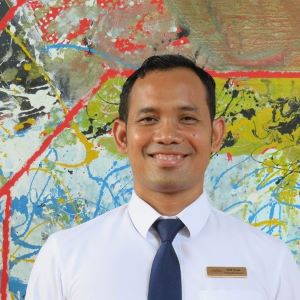
Sexual exploitation can have devastating long-term impacts on victims. However, the travel & tourism industry, through its human resources — its people — is in a good position to help prevent this crime.
The earlier tourism professionals learn how to identify signs of child sexual exploitation and react appropriately, the better they and the industry they serve, can contribute to protecting children.
May the examples of these five ASSET‑H&C members inspire other travel, tourism, and hospitality schools and organisations to take concrete steps towards fighting the sexual exploitation of children in travel and tourism.
What do you think? Share a short anecdote or comment below. Or write a deeper “GT” Insight. The “Good Tourism” Blog welcomes diversity of opinion and perspective about travel & tourism because travel & tourism is everyone’s business.
Featured image (top of post): Stronger together. Image supplied by authors.
About the authors

Bronwen Maher is a consultant at ECPAT International and a communications advisor at the Centre for Excellence in Child & Family Welfare in Melbourne, Australia.
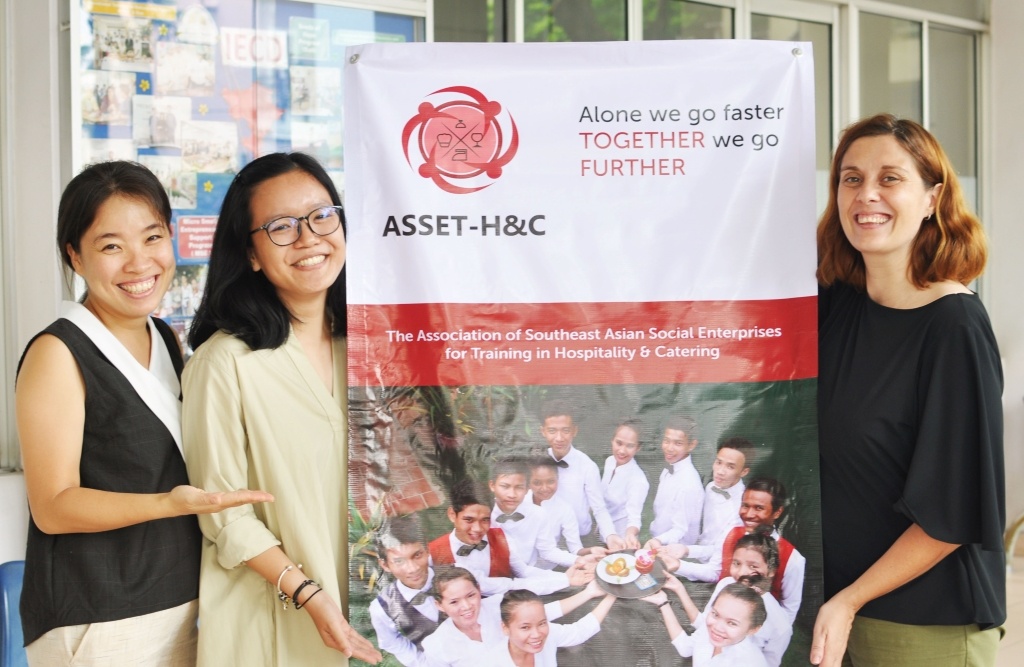
Sophie Hartman, Nguyễn Thị Thu Thảo, and Võ Thị Quế Chi comprise the co-ordination team of the Association of Southeast Asian Social Enterprises for Training in Hospitality & Catering (ASSET‑H&C).
“GT” Insight Partner ASSET‑H&C is a regional network of vocational training centres that promote the social and economic inclusion of vulnerable people in Southeast Asia. ASSET‑H&C members work together on their common mission to make a positive impact on the lives of disadvantaged youths and adults.





